Utah-based Recursion, a clinical-stage biotech company specialising in drug discovery, has entered into a definitive agreement to merge with Oxford-based Exscientia, a clinical-stage drug design and development company, focused on accelerating drug design and development.
Recursion has agreed to acquire Exscientia in an all-stock deal valued at $688M (approximately €629.91M), as reported by Reuters.
The merger aims to combine Recursion’s expertise in decoding biology with Exscientia’s tech-driven approach to create more effective medicines faster.
The merged entity, named Recursion, will remain headquartered in Salt Lake City, Utah, and will continue trading while also maintaining a presence in the UK.
Chris Gibson, PhD, co-founder & CEO of Recursion, will lead the combined company as CEO, while David Hallett, PhD, Interim CEO & Chief Scientific Officer of Exscientia, will join as Chief Scientific Officer. Two current Exscientia directors will join Recursion’s Board after the transaction is finalised.
Gibson says, “We believe the proposed combination is deeply complementary and aligned with our missions to industrialise drug discovery to deliver high-quality medicines and lower prices for consumers.”
“Exscientia’s precision chemistry tools and capabilities, including its newly commissioned automated small molecule synthesis platform, will augment our tech-enabled biology and chemistry exploration, hit discovery and translational capabilities.”
“I am excited to continue building the best example of the next generation of biotechnology companies. It still feels like we are just getting started,” adds Gibson.
What does Exscientia offer?
Exscientia is a tech-driven drug design and development company focused on creating more effective medicines faster. By combining precision design with integrated experimentation, Exscientia uses AI, automation, and engineering to develop drugs efficiently.
Exscientia claims to be the first company to advance AI-designed small molecules into clinical trials.
The company has an internal pipeline in oncology and partnerships covering various therapeutic areas, aiming to transform drug discovery economics and bring innovative treatments to patients.
In July 2024, the UK-based company expanded its work with Amazon Web Services (AWS) to use the cloud provider’s artificial intelligence and machine learning services to power its platform for end-to-end drug discovery and automation.
Aim of the merger
David Hallett, PhD, Interim CEO and planned Chief Scientific Officer of Recursion post-closing of the deal, says, “Adding Exscientia’s best-in-class focused precision oncology internal pipeline to Recursion’s first-in-class focused pipeline spanning rare disease, precision oncology and infectious disease is highly complementary as we look to bring treatments to patients faster,”
“We look forward to bringing our teams together and integrating Recursion’s high throughput and target biology capabilities with Exscientia’s highly scalable molecular design and automated chemistry synthesis capabilities to truly accelerate the discovery of better drugs for patients.”
Once integrated, the enhanced Recursion OS platform will improve the efficiency and scale of discovering and developing higher-quality medicines. The combined company aims to complete around 10 clinical trials within the next 18 months.
The business combination will enhance therapeutic discovery collaborations with major biopharma companies like Roche-Genentech, Sanofi, Bayer, and Merck KGaA.
This could result in around $200M (approximately €183M) in milestone payments over the next two years and potentially over $20B (approximately €18.30B) in revenue before royalties from partnership programmes, with royalties ranging from mid-single-digit to double-digit percentages.
The balance sheet includes nearly $850M (approximately €778.14M) in cash and cash equivalents, and operational synergies are expected to exceed $100M (approximately €91.54M) annually.
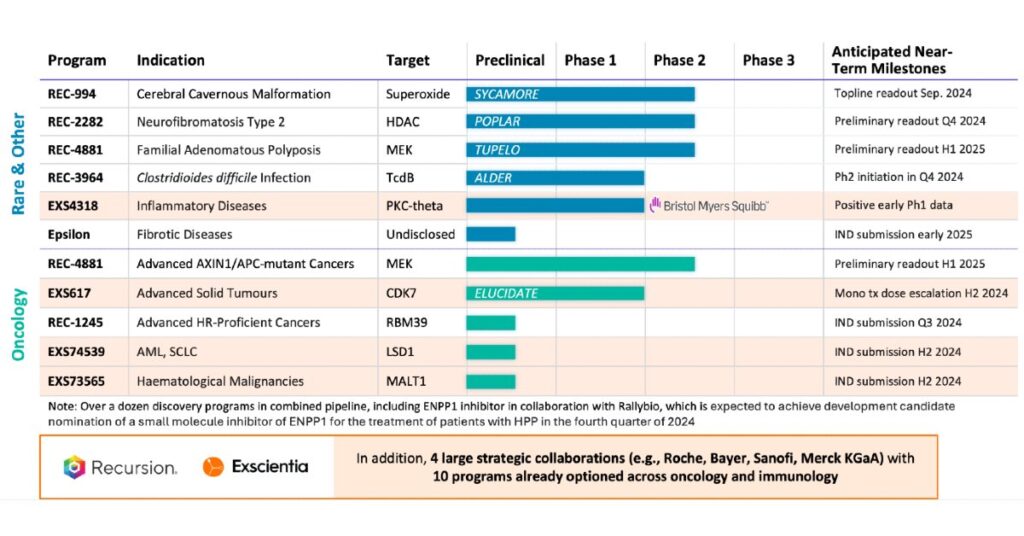
The combination of Exscientia and Recursion aims to leverage synergies across several areas:
- Pipeline: The merger will create a broad portfolio with about 10 clinical readouts expected in the next 18 months. Many of these programmes could achieve peak annual sales of over $1B. The combined pipeline will feature programmes in oncology, rare diseases, and infectious diseases, with no competitive overlap.
- Partnerships: The merger will enhance existing partnerships with major pharma companies, bringing together 10 programmes across oncology and immunology. Recursion’s collaborations include Roche-Genentech and Bayer, while Exscientia partners with Sanofi, Merck KGaA, and BMS. Potential additional milestone payments of around $200M are expected over the next two years from these partnerships.
- Platform: The merger will create a complete tech-enabled platform for drug discovery, covering patient-centric target discovery, advanced drug design, and automated synthesis. Key features include structure-based design, quantum mechanics, molecular dynamics modelling, 2D and 3D AI design, and automated design-make-test-learn cycles. Exscientia’s automated chemistry capabilities will enhance Recursion’s “hit-to-lead” and lead optimisation, speeding up the process and improving predictive models of biology and chemistry.
Brief about Recursion
Recursion is a clinical-stage techbio company that uses its Recursion Operating System (OS) to transform drug discovery. The platform integrates diverse technologies to build a vast biological, chemical, and patient-centric dataset.
By employing advanced machine-learning algorithms, Recursion uncovers trillions of relationships across biology and chemistry without human bias. The company merges technology, biology, chemistry, and patient data to drive medical advancements.
Headquartered in Salt Lake City and a founding member of BioHive, Recursion also has offices in Toronto, Montreal, the San Francisco Bay Area, and London.



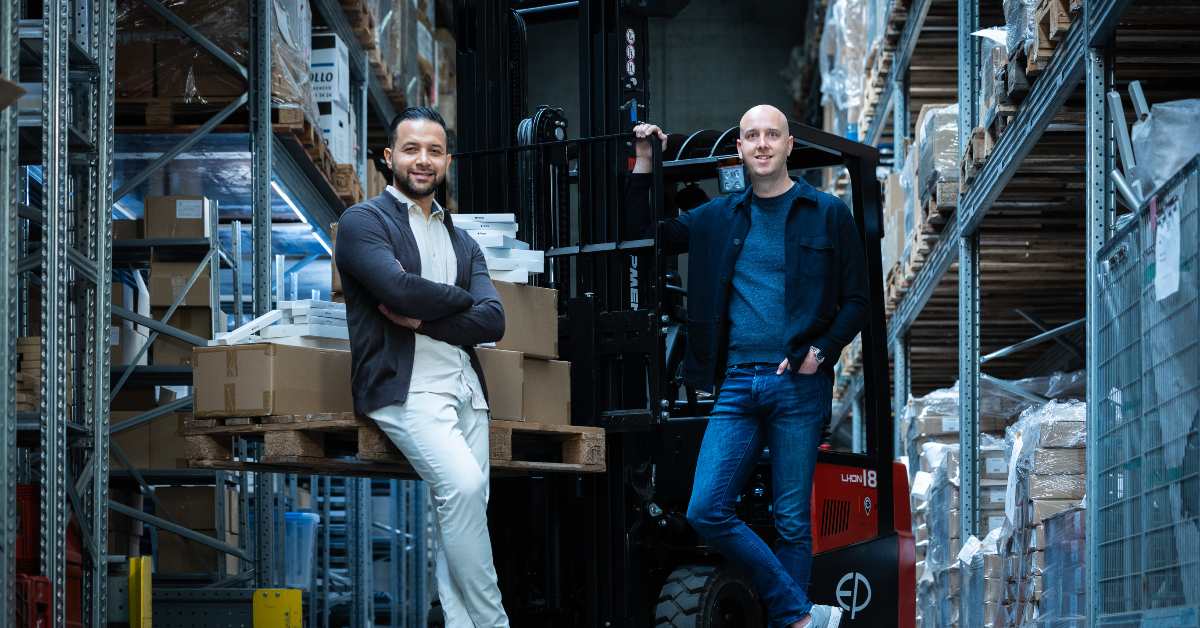
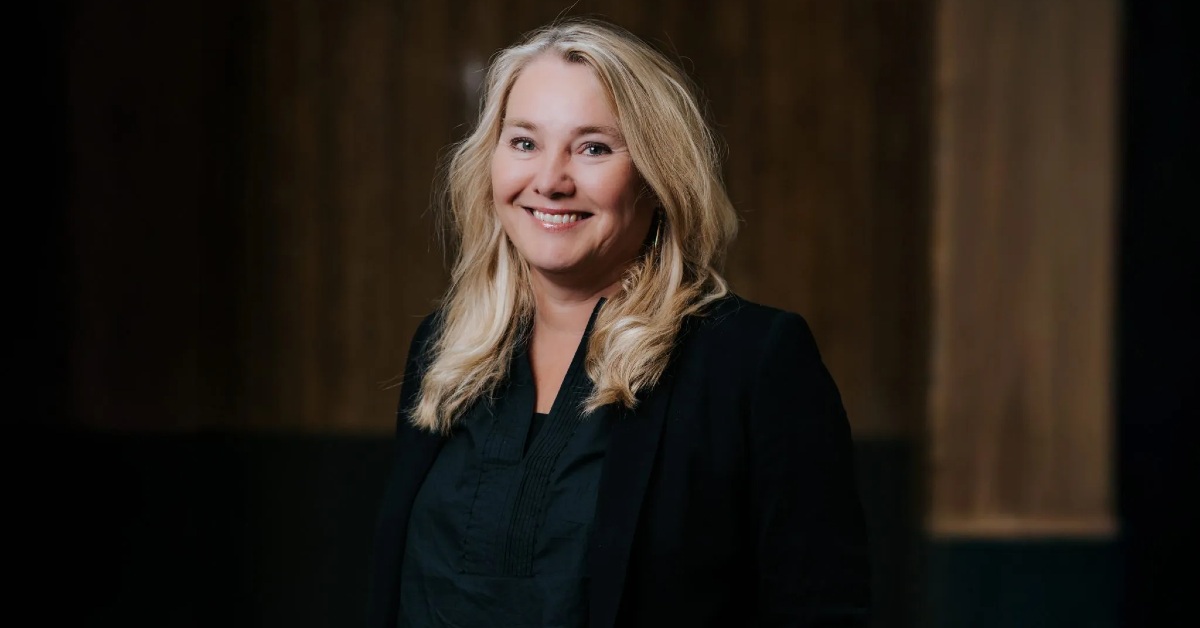
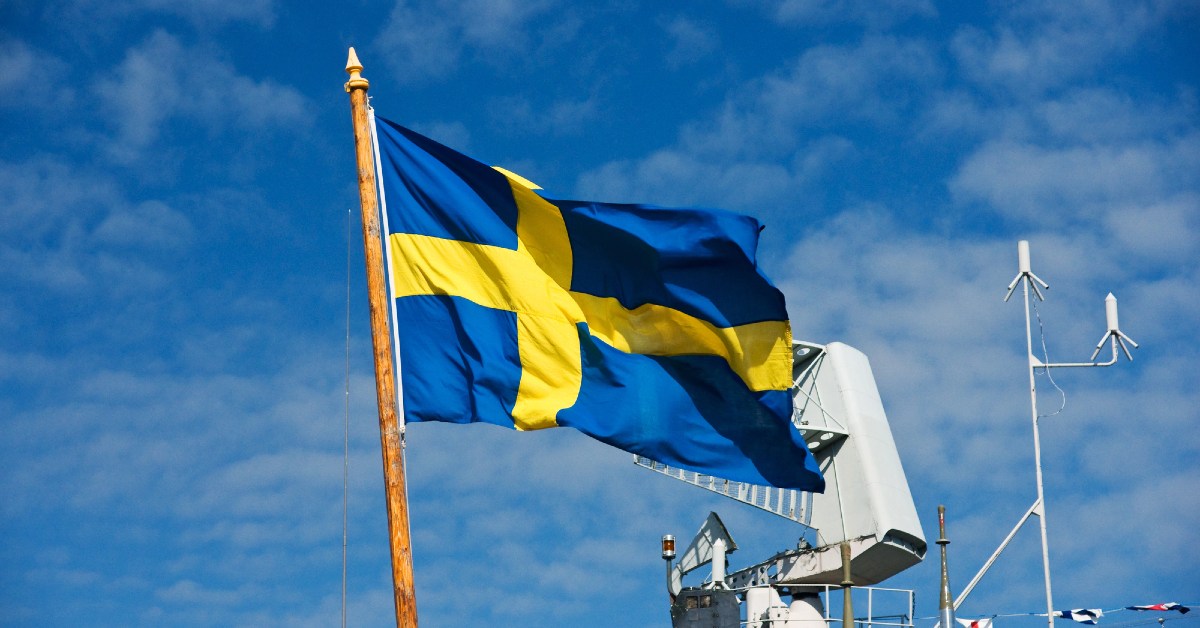

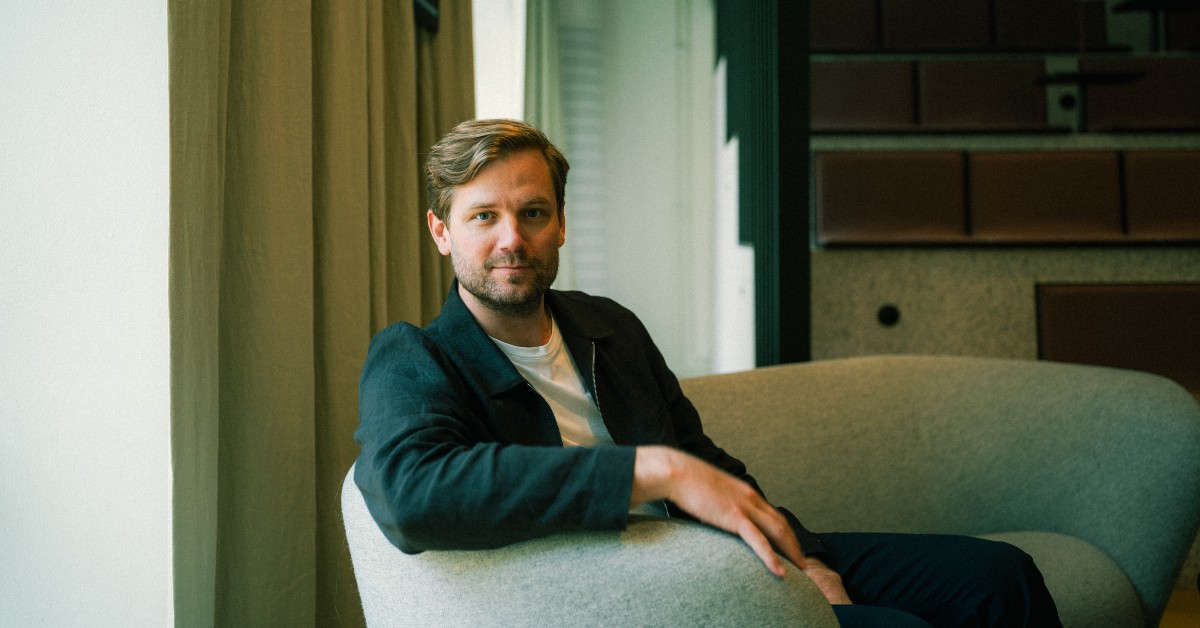
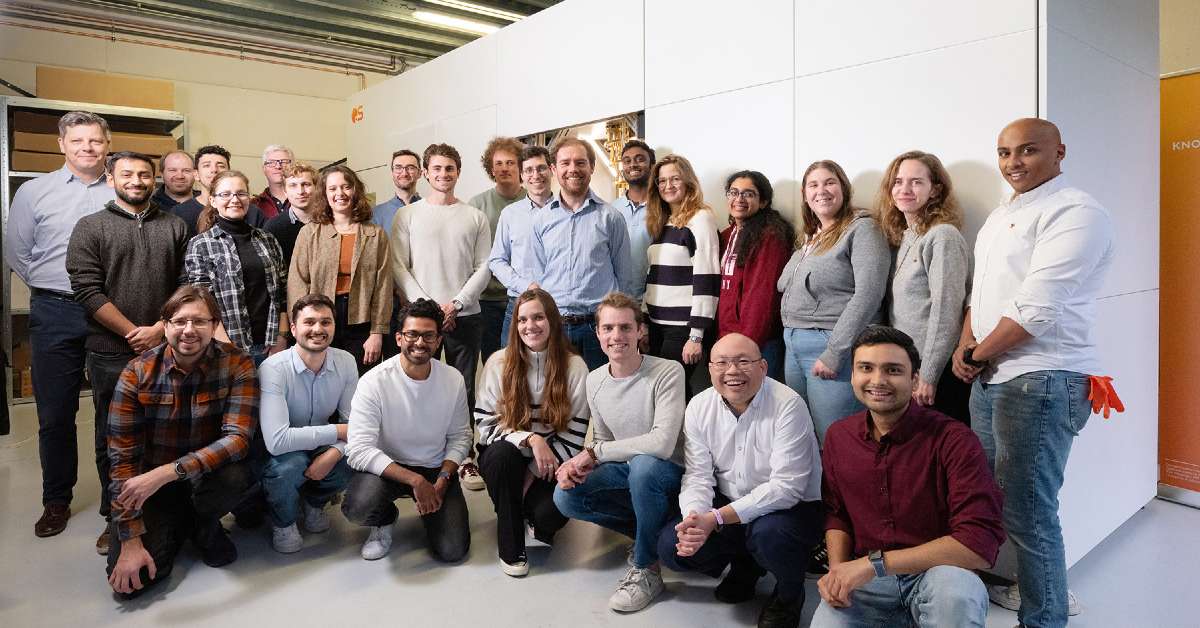

01
These are the top UK-based PR agencies for startups and scale-ups in 2025